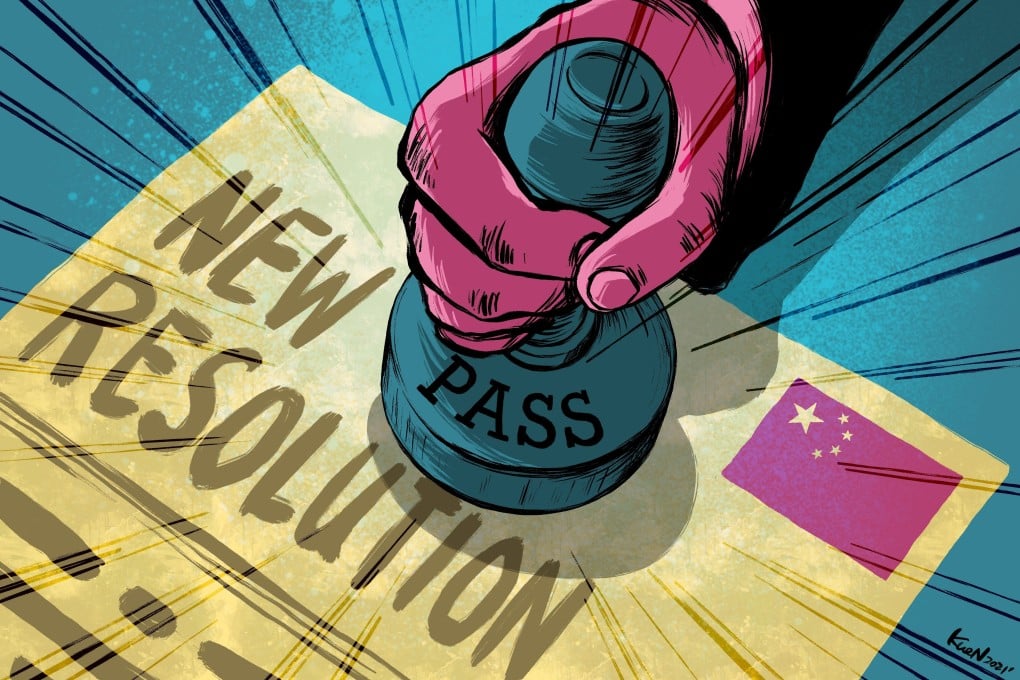China’s Communist Party is about to pass a new resolution. Here’s what to expect
- Third ‘historical resolution’ is likely to be less significant than the others and more about reaffirming Xi Jinping’s authority and policies
- It will be on the party’s ‘major achievements and experience’ and is expected to be adopted at a political gathering in Beijing this week

After paramount leader Mao Zedong’s death in 1976, China’s communist rulers spent years debating how to take the country forward from more than a decade of international isolation.
It was done in a 30,000-word resolution, passed by the Central Committee, a statement that remains the party’s most explicit public criticism of Mao but assigned most of the blame to people surrounding the great helmsman and reaffirmed Mao’s position as the founding father of modern China and its greatest revolutionary leader. It also set the nation on a path towards opening up and integrating with the global economy.
Dali Yang, a political scientist at the University of Chicago, said the leadership had continued to adhere to key elements of that resolution, such as embracing market-oriented economic reforms and the cardinal principle of one-party rule.
“It has almost become a living constitution of China, and a very important part of China’s political system,” he said.
